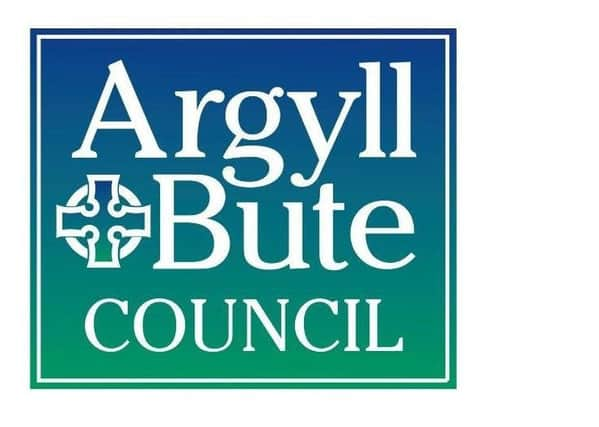Equality outcomes agreed by Argyll and Bute Council


Argyll and Bute Council’s Policy and Resources committee last week agreed seven Equality Outcomes for the period 2019-2023, setting out clearly that the council will not tolerate discrimination, harassment or victimisation of anyone who comes into contact with the council – employees or service users.
The Equality Outcomes agreed include supporting the workforce, promoting diversity, improved engagement with protected groups, taking the views of people from protected groups into account when changing council services. The council will also take a zero tolerance approach to bullying and harassment of people from protected groups to ensure “the gap in educational attainment between people with and without protected characteristics is reduced”.
Advertisement
Hide AdAdvertisement
Hide AdThe Equality Outcomes aim to eliminate discrimination, harassment and victimisation, and advance equality of opportunity between people who share a protected characteristic and those who do not.
Those protected characteristics are age, disability, gender reassignment, marriage and civil partnership, pregnancy and maternity, race, religion or belief, sex, and sexual orientation.
The outcomes were developed following discussions with the council’s Employee Equality Forum and a public consultation.
Councillor Rory Colville, policy lead for corporate services, said: “Equality and fairness must be central to everything that we do as a local authority, and it’s important that we have these agreed aims and values so that we can monitor our progress in eliminating discrimination.
“ These outcomes make it clear that the council will not tolerate discrimination and that we will continue to work hard to make sure Argyll and Bute is a great place to live and work for everyone.”
The committee also agreed the council’s updated Equality and Diversity Policy, replacing the policy agreed in 2012.